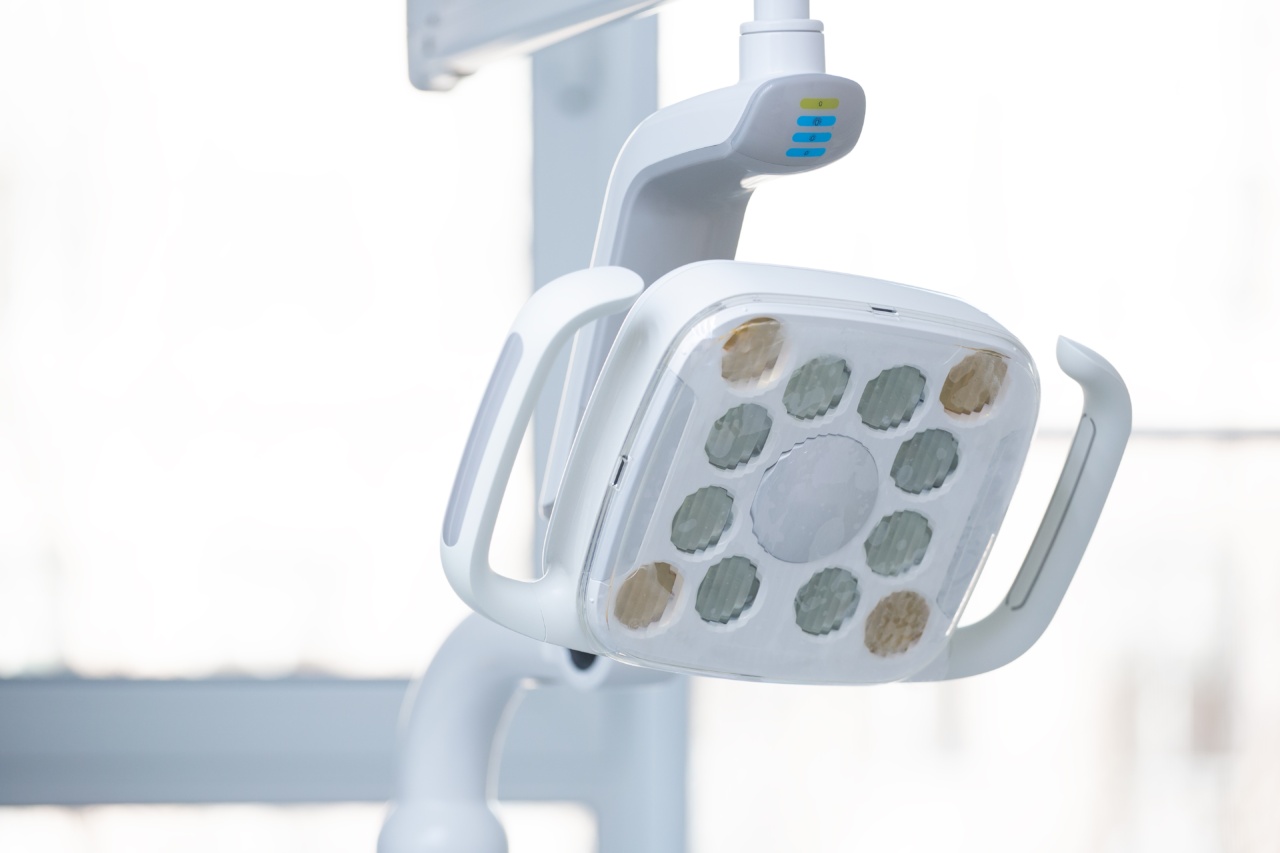Dental health is a critical aspect of overall health, yet it is often neglected, particularly in private finance initiative (PFI)-managed healthcare systems.
Many PFI contracts focus on treating acute illnesses and conditions, rather than preventative care and maintenance.
Lack of preventative care
One of the key issues with PFI-managed healthcare systems is the lack of preventative care, including dental check-ups and treatments.
This can lead to significant dental problems that require extensive and expensive treatment, which puts a significant burden on both patients and healthcare systems.
The focus on acute care means that many patients only receive dental treatment when they are suffering from a serious issue, such as a toothache or infection.
At this point, the treatment required is often more complex and expensive than the preventative care that could have been provided earlier.
Furthermore, many PFI contracts focus on treating specific conditions, rather than taking a holistic approach to healthcare.
This means that dental health issues are often overlooked, as they are not directly linked to the specific conditions being treated.
Cost-cutting measures
PFI contracts are often designed to maximise efficiency and reduce costs, which can lead to cost-cutting measures that impact dental care.
This can include reducing the number of staff and services, or outsourcing services to cheaper providers who may not provide the same level of care and attention to detail.
The focus on efficiency can also lead to shorter consultation times, which often means that dental issues are not identified or addressed in a timely manner.
This can lead to serious problems later on, which again requires more expensive and complex treatment.
Lack of patient choice
In PFI-managed healthcare systems, patients often have limited choice when it comes to their dental care. This is because contracts are often awarded to a single provider, which may not offer a wide range of services or locations.
Patients may be forced to travel long distances to access dental care, or may have to settle for sub-par services. This lack of choice means that patients may not receive the treatment they need, or may not receive it in a timely manner.
Lack of regulation
Another issue with PFI-managed healthcare systems is the lack of regulation and oversight. This can lead to sub-standard care and practices, which can have a significant impact on patient health outcomes.
Without effective regulation, dental care providers may not be held accountable for their actions or the quality of care they provide.
This can lead to a lack of incentive to improve standards, and can result in patients suffering unnecessary harm or complications.
Inadequate funding
Funding is another issue that can impact dental care in PFI-managed healthcare systems. Many PFI contracts have strict budgets and funding restrictions, which can limit the resources available for dental care.
Without adequate funding, dental care providers may not have access to the latest equipment or technologies, or may not have the resources to hire the most skilled and experienced staff.
This can impact the quality of care that patients receive, and can lead to poor outcomes.
The importance of preventative care
To address the issue of dental neglect in PFI-managed healthcare systems, it is essential to refocus on preventative care.
This means investing in regular check-ups and treatment, as well as educating patients about the importance of maintaining good dental hygiene.
Providers should also take a holistic approach to healthcare, rather than focusing solely on acute conditions. This means considering dental health as an integral part of overall health, and addressing it in a proactive and preventative manner.
Increased regulation and oversight
To ensure that patients receive high-quality dental care, increased regulation and oversight is essential. This means holding providers accountable for the quality of care they provide, and ensuring that they meet stringent standards and regulations.
Regulation should cover a wide range of areas, including staffing levels, training requirements, equipment and facilities, and patient feedback.
This will ensure that providers are providing the best possible care, and that patients are receiving the treatment they need.
Improved funding and resources
Finally, improving funding and resources for dental care is essential for ensuring high-quality care. This means investing in the latest technology and equipment, as well as hiring and training skilled and experienced staff.
Providers should also ensure that they have adequate funding to provide a wide range of services and locations, so that patients have a choice and can receive treatment in a timely manner.



























